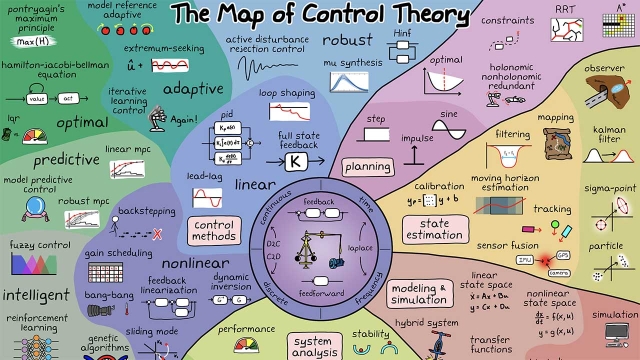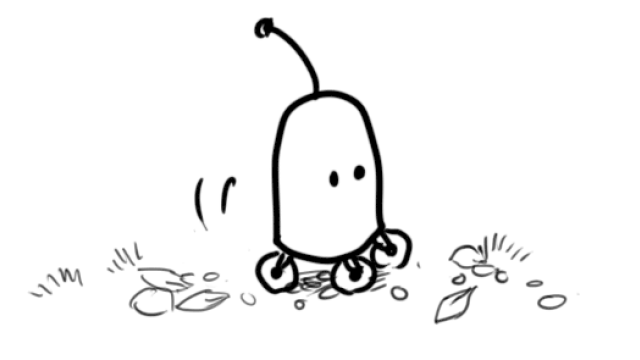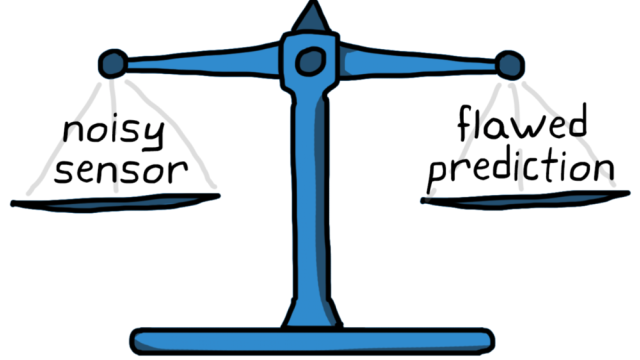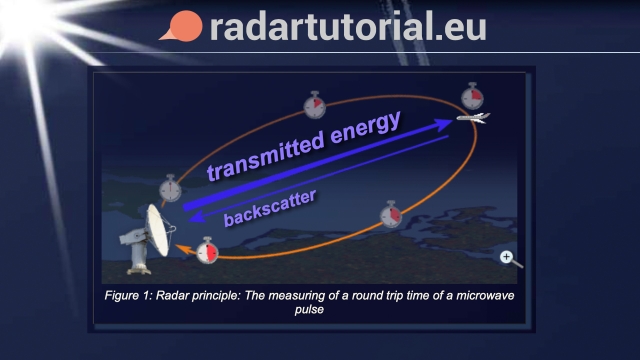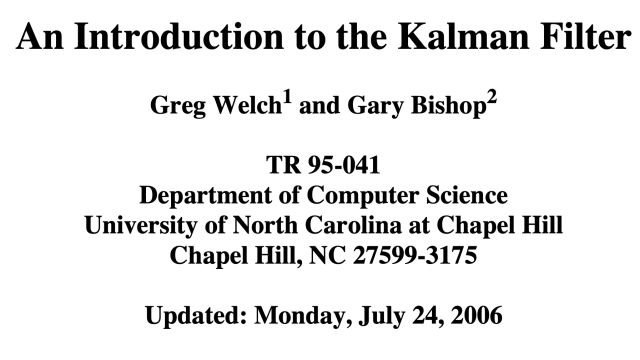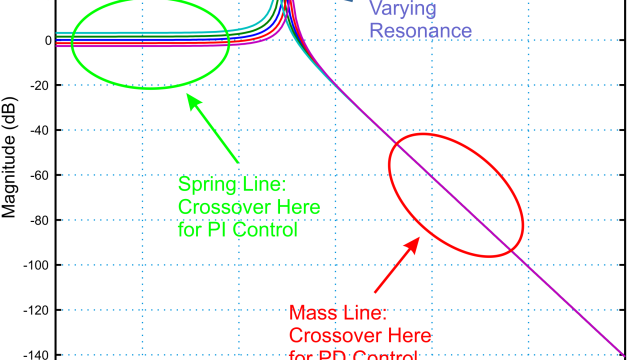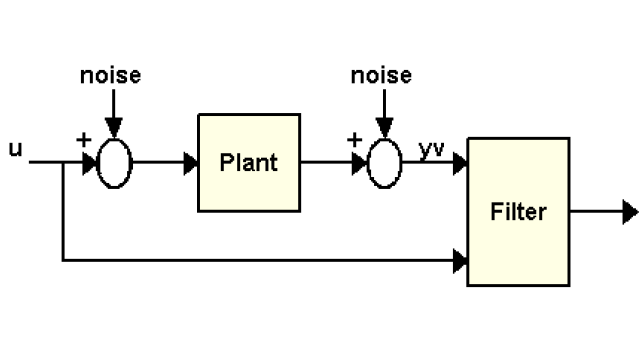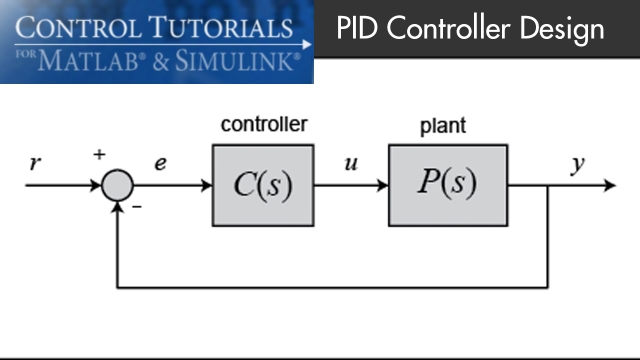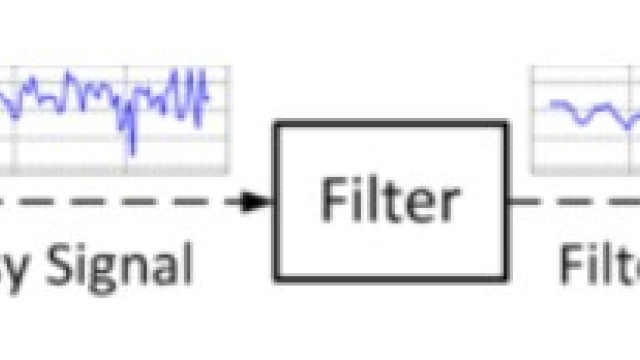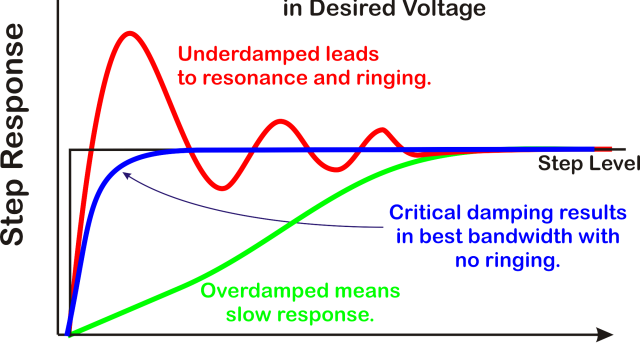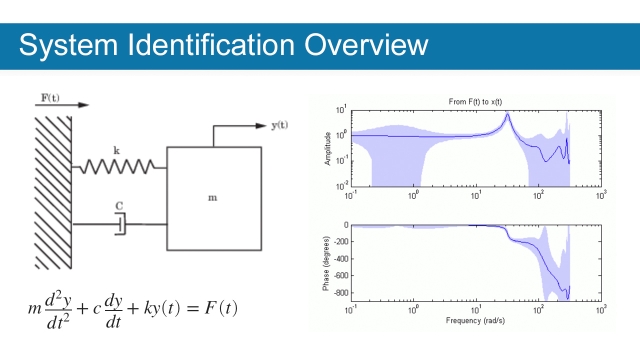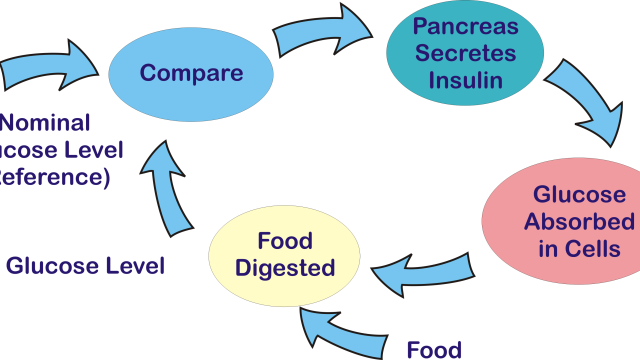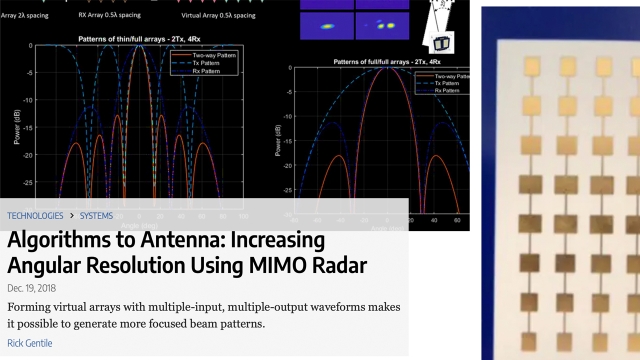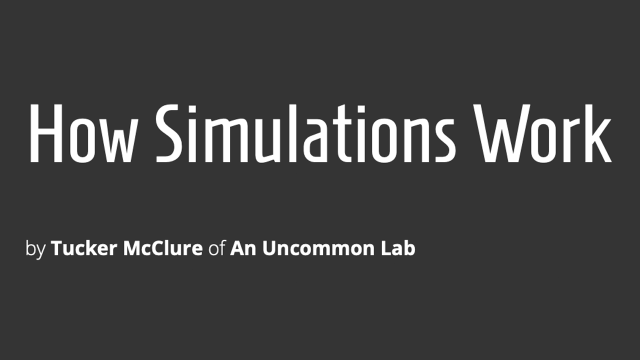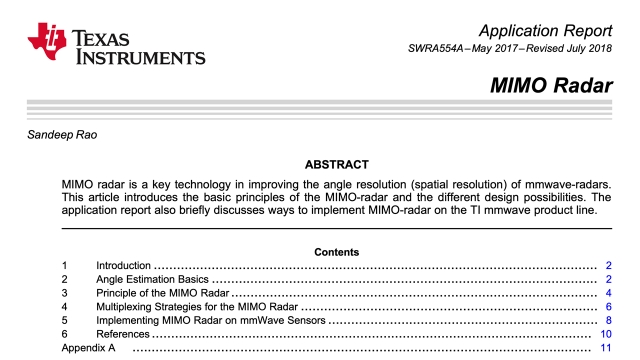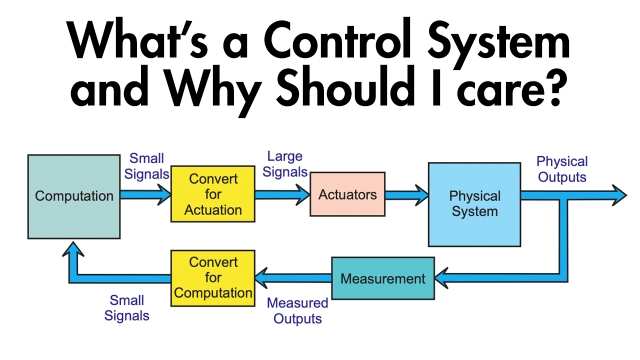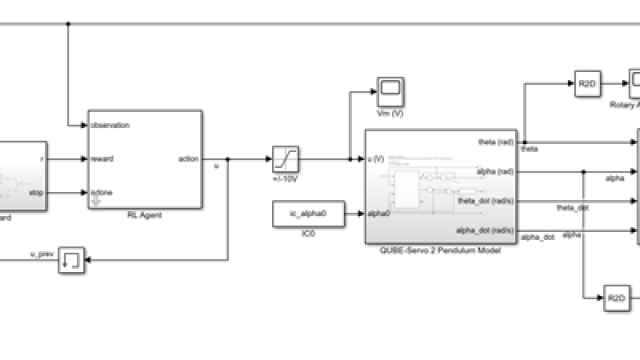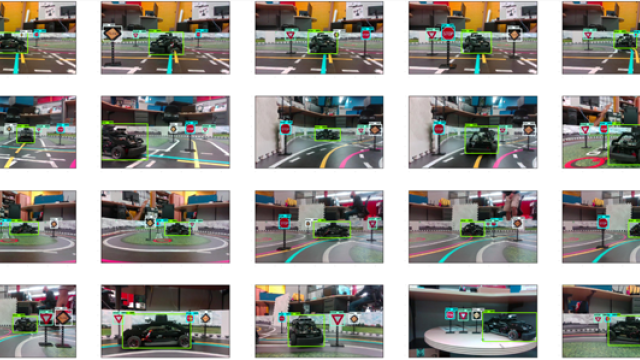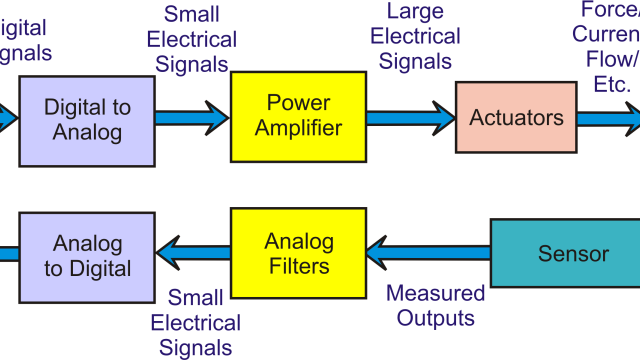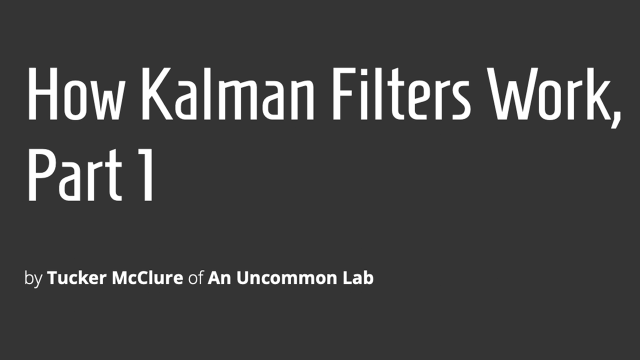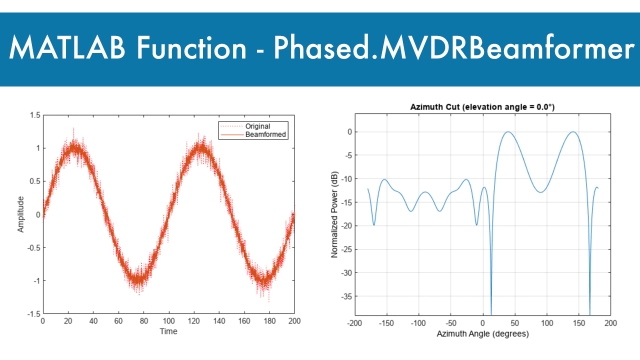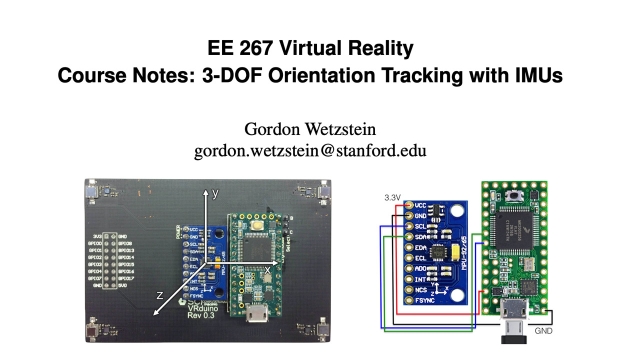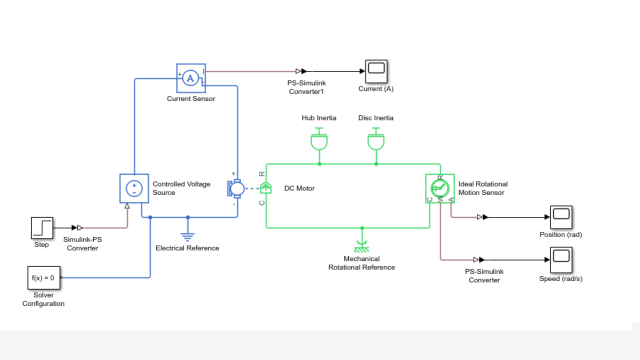
The Map of Control Theory
All of control theory in one map. The idea behind this map is not to capture everything within control theory, it is to highlight some of the main areas of the field and provide a few...
See MoreHow a Kalman Filter Works in Pictures
This article builds up some intuition about the Kalman filter using pictures before diving into the mathematics. A beginner will come away with an understanding of what the Kalman filter is...
See MoreThe Kalman Filter
This article introduces the Kalman filter at a high level and tries to provide some insight into how the filter is able to estimate state by combining measurements and models.
This is an...
See MoreRadar Tutorial (English)
This page provides a detailed overview of radar principles and technologies, including mathematical, physical and technical explanations. “Radartutorial” explains the fundamentals of radar...
See MoreAn Introduction to the Kalman Filter
The purpose of this paper is to provide a practical introduction to the discrete Kalman filter. This introduction includes a description and some discussion of the basic discrete Kalman...
See MoreWhat's a Control System and Why Should I Care? A whirlwind tour through the ...
This paper aims to provide some introduction, a cheat sheet, and some context for college level STEM students about to take that first controls class. In some cases, it provides context...
See MoreKalman Filter Design
This example shows how to perform Kalman filtering. Both a steady state filter and a time varying filter are designed and simulated.
See MoreIntroduction: PID Controller Design
In this tutorial we will introduce a simple, yet versatile, feedback compensator structure: the Proportional-Integral-Derivative (PID) controller. The PID controller is widely employed...
See MoreIntroduction to Noise Filtering
Introduction to filtering - moving average, first-order, anti-aliasing, set point softening
See MoreIntroducing Feedback Control to Middle and High School STEM Students, Part 2...
This paper was presented at the 2019 IFAC Advances on Control Education Conference (IFAC-ACE), Philadelphia, PA, USA, July 7-9, 2019, and is in the conference proceedings. This paper aims at...
See MoreSystem Identification Overview
System identification is a methodology for building mathematical models of dynamic systems using measurements of the input and output signals of the system. This overview from Mathworks...
See MoreIntroducing Feedback Control to Middle and High School STEM Students, Part 1...
This paper was presented at the 2019 IFAC Advances on Control Education Conference (IFAC-ACE), Philadelphia, PA, USA, July 7-9, 2019, and is in the conference proceedings. This paper aims at...
See MoreDiscrete Fourier Transform
The discrete Fourier transform, or DFT, is the primary tool of digital signal processing. The foundation of the product is the fast Fourier transform (FFT), a method for computing the DFT...
See MoreAlgorithms to Antenna: Increasing Angular Resolution Using MIMO Radar
Articles in Microwaves & RF that talks about how forming virtual arrays with multiple-input, multiple-output waveforms makes it possible to generate more focused beam patterns.
See MoreHow Simulations Work
This article sets out the critical aspects of building good simulations — that is, simulations that are accurate, easy to develop and analyze, and fast. The first sections deal with how a...
See MoreMIMO Radar: TI Application Report
MIMO radar is a key technology in improving the angle resolution (spatial resolution) of mmwave-radars. This article introduces the basic principles of the MIMO-radar and the different...
See MoreWhat's a Control System and Why Should I Care?
This paper is designed as a primer for college level STEM students about to take their first formal class in feedback control systems. This means that the explanations assume the reader has...
See MoreUsing the Reinforcement Learning Toolbox™ to Balance an Inverted Pendulum
Reinforcement learning (RL) is a subset of Machine Learning that uses dynamic data, not static data like unsupervised learning or supervised learning. Reinforcement learning is used in many...
See MoreRoad Sign Detection using Transfer Learning on RetinaNet
This blog outlines a number of open-source resources for transfer learning that are worthy of exploring, ands show the result of using transfer learning on RetinaNet to develop a road sign...
See MoreThoughts on Furthering the Control Education of Practicing Engineers
This paper was presented at the 2019 IFAC Advances on Control Education Conference (IFAC-ACE), Philadelphia, PA, USA, July 7-9, 2019, and is in the conference proceedings. This paper aims to...
See MoreHow Kalman Filters Work, Part 1
This article looks at four popular estimation filter architectures: particle filter, sigma point filter, extended Kalman filter, and the Kalman filter. It discusses how all four of these...
See MoreMATLAB Function: phased.MVDRBeamformer
The phased.MVDRBeamformer System object™ implements a narrowband minimum-variance distortionless-response (MVDR) beamformer. The MVDR beamformer is also called the Capon beamformer. An MVDR...
See MoreImproving the Beginner's PID - Introduction
In conjunction with the release of the new Arduino PID Library Brett has released this series of posts that explain his PID code. He start's with what he call's “The Beginner’s PID.” He...
See More3-DOF Orientation Tracking with IMUs
This document is not meant to be a comprehensive review of orientation tracking for virtual reality applications but rather an intuitive introduction to inertial measurement units (IMUs) and...
See MoreUsing Simscape™ to Model a Quanser QUBE-Servo 2 with Friction
Modelling a DC servomotor is one of the common examples used in control system textbooks and courses. Given that so many systems use DC motors, e.g. robot manipulator arms, it’s an important...
See More
